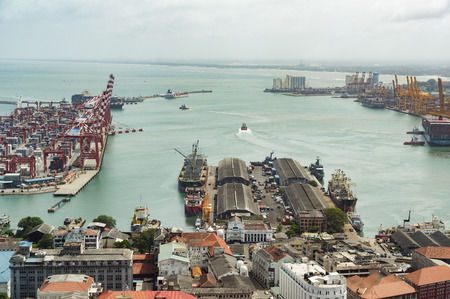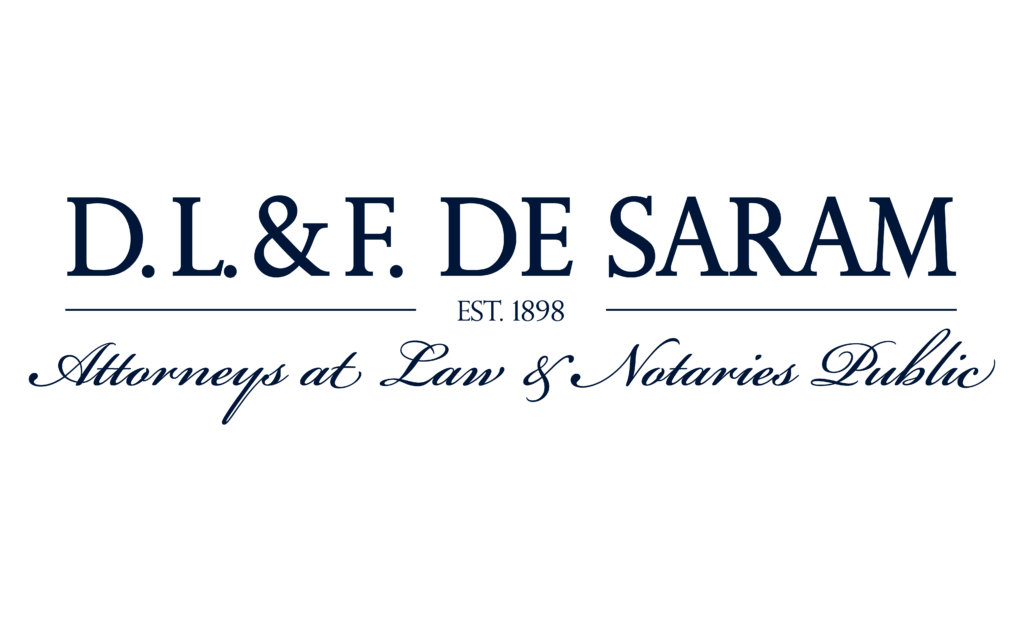8 August, 2017
The Sri Lankan Parliament recently enacted the Foreign Exchange Act (Act) which repealed the previous exchange control law that has been in place for decades.
Summary of key provisions:
Dealers of foreign exchange
The Act recognises ‘Authorised Dealers’, ‘Restricted Dealers’ and ‘Dealers for a Specific Purpose’ as being permitted to deal in foreign exchange.
Authorized dealers are Banks (Licensed commercial banks and licensed specialized banks) which are registered and licensed to carry out the banking business under the Banking Act No. 30 of 1988.
The Central Bank of Sri Lanka (CBSL) will permit a person who is not an authorized dealer, to deal in foreign exchange subject to certain terms and conditions, and such dealers are referred as restricted dealers.
CBSL may appoint a person, not being an authorized dealer or a restricted dealer, to deal in foreign exchange for specific purposes subject to terms and conditions.
Current transactions
In terms of the Act, any person can enter into and deal in foreign exchange in furtherance of current transactions without any Exchange Control restrictions. Payments for current transactions are defined as follows:
“Payments for current transactions means payments which are not for the purpose of transferring capital assets, and includes, without limitation—
(1) all payments due in connection with foreign trade, other current business including services, and normal short term banking and credit facilities;
(2) payments due as interest on loans and as net income from other investments;
(3) payments of moderate amount for amortization of loans or for depreciation of direct investments; and
(4) moderate remittances for family living expenses.”
The authorised dealer may request for documents and information in order to ascertain the bona fides of the transaction.
Capital transactions
Capital transactions, as per the Act, are transactions which do not fall within the definition of a current transaction (refer above). In the previous Exchange Control regime, many regulations were made in relation to different types of capital transactions. In the new Act, the Minister of Finance is empowered to issue regulations pertaining to capital transactions in foreign exchange.
Specific transactions
The Act has addressed and made provisions for specific transactions.
A resident person in Sri Lanka can make payments for current transactions and capital transactions within or outside Sri Lanka, by utilising foreign assets or foreign exchange in bank accounts held by him in or outside Sri Lanka, through an authorized dealer or a restricted dealer without obtaining any prior approvals. Provided that such foreign asset is not derived from the conversion of local currency, disposal or conversion of any financial or real asset within Sri Lanka, or from the business of dealing in foreign exchange.
Amnesty
A resident citizen of Sri Lanka can remit foreign exchange without penalty or prosecution, which were not previously declared, to the Commissioner of Inland Revenue by way of a taxable income or to the Head of Department of Exchange Control, subject to the payment of a remittance fee which will be prescribed by regulation. For this purpose the foreign exchange should not have been obtained by the commission of money-laundering, terrorist financing or bribery.
However, if such foreign exchange is invested in a Sri Lanka Development Bond, such remittances will be exempt from the application of the aforementioned remittance fee.
Offences and Penalties under the Act
CBSL is empowered to conduct investigations pertaining to foreign exchange transactions and foreign assets. In the event, a person does not comply with the requests by the CBSL for documents and further information or cause any resistance to the investigation, the authorized person of the CBSL could make an application to the Magistrate Court and obtain a Court Order, to either appear before the authorized person of CBSL or to produce the books or documents in question.
Any person failing to comply with such Court Order will be liable for a fine of Rs. 500,000. If it becomes a continuing offence, such person will be liable to an additional fine of Rs. 100,000 for each day the offence continues.
If an authorized dealer or a restricted dealer engage in any current transaction or capital transaction, engages in any dealing in relation to foreign assets, contrary to the provisions of the Act or violates any provision of the Act, including any guidelines or directions issued thereunder, the CBSL will issue a notice to such dealer to comply with the provisions of the Act. Where the dealer fails to act according to the notice issued by the CBSL, the CBSL may temporarily suspend the authorization or permit granted to deal in foreign exchange pending inquiry.
After the inquiry the CBSL may either revoke the authorization or permit granted for the dealer, or impose a fine up to the value of the foreign asset or impose a limitation from dealing in foreign exchange for current or capital transactions up to a period of 12 months.
Any other person in violation of the provisions of the Act will be imposed a fine of Rs. 1,000,000.
Liability
Where a corporate or an unincorporated body is required to pay an amount or imposed a penalty, every director, member or partner of such body will be personally liable, jointly and severally to pay such amount. If such director, member or partner can prove that the act or omission causing such payment has been carried out without his knowledge or that he has taken due diligent measures for the prevention of such act, then he will not be liable to pay such amount.
Appeal process
A dealer who is aggrieved by the penalties imposed by the CBSL may appeal to the Board of Inquiry within 30 days from the date the decision was communicated.
Board of Inquiry
The Board of Inquiry will consist of a retired judge of the Supreme Court of Sri Lanka and two persons who are conversant in international financial or exchange transactions and have had experience at a senior managerial level in the public or private sector, and are of good standing and repute. The Board will hold office for a period of 3 years from the date of appointment.
The Board of Inquiry is required to make a determination on the appeals within 30 days of the receipt of the appeal.
Important definitions
“Currency” includes coins, currency notes, postal orders, money orders, cheques, drafts, travelers cheques, letters of credit, bills of exchange, promissory notes, other electronic fund transfer cards and digital currency.
“Foreign asset” means any movable or immovable property outside Sri Lanka, of any class or description whatsoever and without prejudice to the generality of the preceding provisions of this definition, includes foreign exchange, foreign currency, foreign securities and foreign bank accounts.
“Foreign exchange” means foreign currency and includes –
- deposits, credits and balances payable in foreign currency;
- drafts, travelers cheques, letters of credit and bills of exchange drawn in Sri Lanka and payable outside Sri Lanka in foreign currency;
- drafts, travelers cheques, letters of credit and bills of exchange drawn outside Sri Lanka but payable in Sri Lankan currency;
- any document or instrument of a type customarily employed for international transfers of funds.
- “Foreign exchange dealings” includes accepting, buying, selling, borrowing and lending of foreign exchange and exchange to any other foreign currency.
“Securities” means shares, stock, bonds, debentures, units under a unit trust scheme or of any mutual fund.
For further information, please contact:
Savantha De Saram, Partner, D.L.&F. De Saram.
savantha@desaram.com

.jpg)




